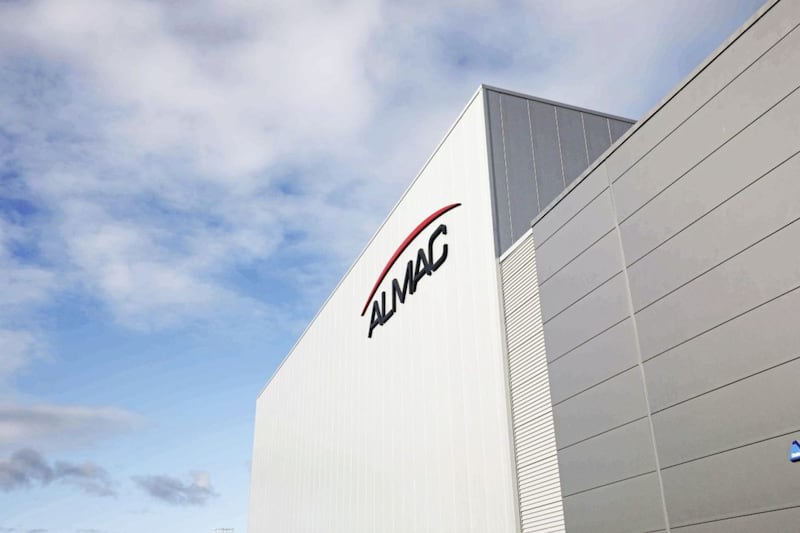CRAIGAVON-headquartered pharma firm Almac Group has joined the Science Based Targets Initiative (SBTi), which defines and promotes best practice in science-based target setting.
It is the latest step taken by the group on its path to reach net zero emissions by 2045, and by signing up to the initiative, Almac will set greenhouse gas reduction targets against stringent SBTi criteria.
Once targets are set, they will be submitted for validation and approval and published externally.
The SBTi initiative is a collaboration between CDP, the United Nations Global Compact, the World Resources Institute (WRI), and the Worldwide Fund for Nature (WWF).
Joining SBTi follows a number of other recent measures taken by Almac to support its net zero goal. These include the expansion of accreditations with the International Standard Organisation (ISO), accepted as the gold standard in health, safety and environmental activity.
In the UK and EU Almac’s sites are now accredited to ISO 50001:2018, a key standard in energy management and conservation. The Group has also expanded its ISO 45001 and ISO 14001 accreditations to include its integrated health and safety and environmental management systems at its site in Singapore.
These represent important milestones along the previously announced global strategy to expand these internationally recognised accreditations to all of Almac’s 18 facilities in Europe, the USA and Asia, where it employs more than 7,000 skilled personnel.
“Developing science-based targets for the reduction of greenhouse gas emissions is a crucial next step and demonstrates the commitment to our environmental responsibilities at Almac,” said Niall Harkin, executive director at the Almac Group.
“We see transparency and alignment to internationally recognised standards as essential in demonstrating our commitment to making a measurable and positive impact on our planet.
“Signing up to SBTi, coupled with our latest ISO certifications represent an essential part of Almac’s plan to reach net-zero by 2045 and we are proud to mark these milestones in our progress.”







